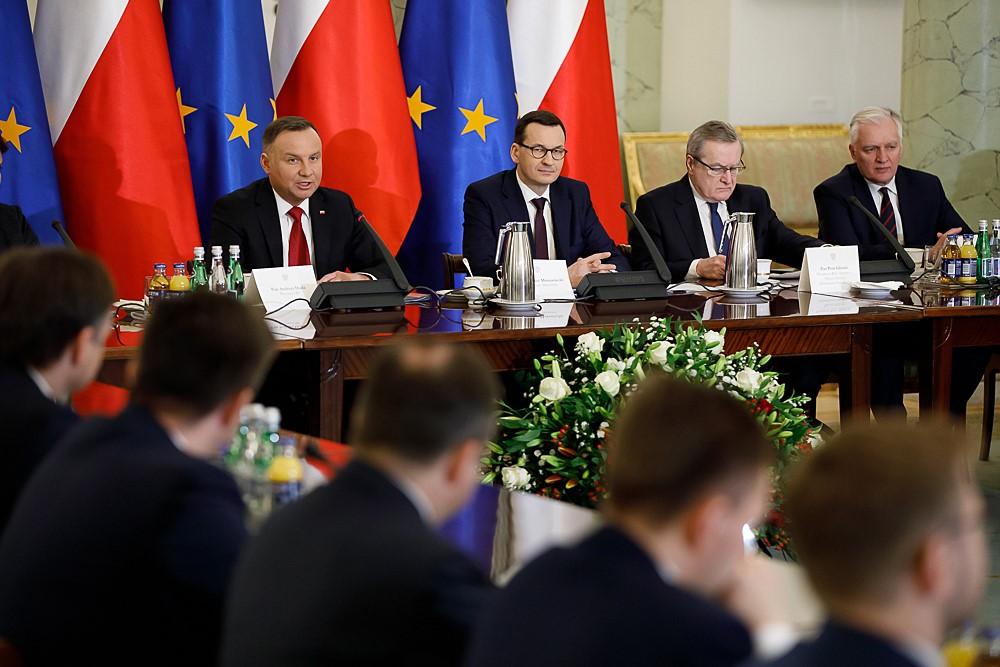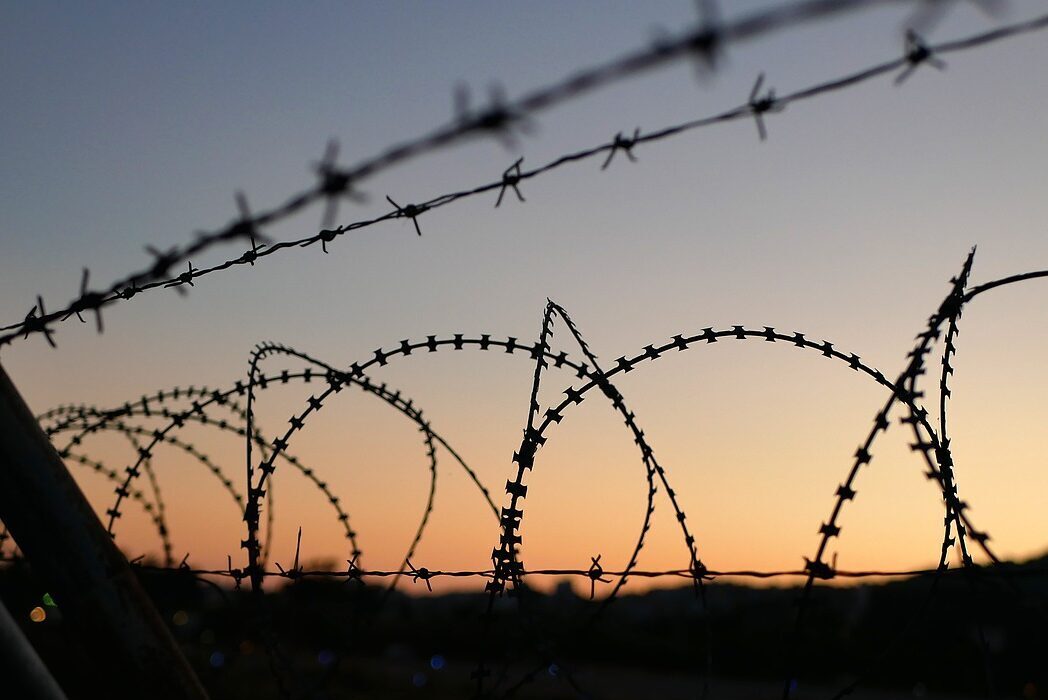The Polish school of realism

Hearing the statements of many publicists and politicians after February 24th, 2022, when Russia invaded Ukraine, one can wonder what happened to the realists in Poland. Or perhaps, although some devote considerable energy to criticize them, realists in Poland never existed?
Pawel Lisicki
Hearing the statements of many publicists and politicians after February 24th, 2022, when Russia invaded Ukraine, one can wonder what happened to the realists in Poland. Or perhaps, although some devote considerable energy to criticize them, realists in Poland never existed?
And those who pretended to be such, barely faced a real historical challenge – which was the conflict in Ukraine – and thereupon immediately metamorphosed into romantics, proclaiming that contemporary realists are romantics? This would certainly be yet another example of the power of the Polish cultural idiom.
What is realism? Contrary to many, it is neither simply egoism, nor cynicism, nor the cult of pure strength. These are all polemical terms. Realism, in short, is guided by respect for reality. Political realists are averse to grand designs, gusts of heart, bold visions, and gestures. They recognize that, at least as far as temporality is concerned, the supreme value is the nation-state, and the yardstick for judging its actions is an appeal to the national interest and raison d’état. For this reason, they try, as much as possible, to avoid risks, and are primarily concerned about the security and position of their own state. They reject the Manichean vision of political reality, i.e. the belief that absolute good and evil clash in history, and angelism, i.e. the belief that one is on the side of pure good alone. They believe that the state should not play beyond its means. They prefer to study the nation’s flaws and afflictions, rather than focus on the wickedness of opponents. Otherwise, they believe, one’s own weakness is easily hidden behind the pathos of martyrdom. So much for a sketch of the theory. And what does this mean for assessing the current conflict?
Certainly, for realists, the existence of a sovereign Ukraine, separating Poland from Russia, is something beneficial. Therefore, it was and is in our interest to help Kiev, primarily humanitarian, as well as politically and to some extent militarily. However, fortunately for Poland, unluckily for Kiev, Poland is part of NATO, Ukraine is not. This means that the frequently uttered slogan in Poland that the war in Ukraine is “our war” is just what it is – a slogan, a platitude. If it really was, in the literal sense of the word, “our war,” then how should one judge those Poles who, speaking of “our war,” want to send weapons to Ukraine and sit safely at home? The war in Ukraine is “ours” in the sense that it affects us, not in that we participate in it. Well, precisely because we are fortunate to have those security guarantees that Ukraine does not have, we are in an incomparably better position as a country. We can favor and support Ukraine, but Poland’s independence does not depend directly on its success or failure. Unless the conflict limited to the eastern part of Ukraine spills over into Poland.
And this is where the key lies. This is the fundamental difference between realists (if there are any) and their critics. The former argue that Poland can only help Ukraine within such boundaries that will not entail endangering the livelihood, lives and security of the Polish people. Since the hegemon in NATO is the United States, Polish policy should be, as far as the war is concerned, to support them, not replace them. Warsaw should strive to shadow Washington, not to be Washington’s apparatus in its crackdown on Moscow.
That’s why, in the eyes of realists, some of the government’s actions – transferring the best possible military equipment to Ukraine, divesting the best tanks, being ready to hand over aircraft, and finally showing off rhetorically, promising to give Ukraine security guarantees, and acting as the world’s most vociferous Cato of morality in accusing Russia – appear not as a sign of prudence, but of audacity. They do not understand why Polish politicians do not consider what is, it seems, clear: the escalation of violence in Ukraine could lead to an expansion of the conflict. It is clear from the geography itself that such a spillover of violence will directly affect Poland. How the war would turn out if it occurred on a full scale, no one really knows: history teaches us to exercise caution. Especially since modern means of destruction are greater than ever. Meanwhile, most Polish elites are coming from the conviction that sooner or later Russia must lose, because America must win. They do not define this “win” and “loss” – that’s where the nebulousness comes in. They don’t say at what cost this should happen exactly. Are they willing to sacrifice Polish lives as well? They do not explain how they are sure. It’s hard, therefore, not to conclude that the realists’ fears are justified.
This article was published in February 2022 in “Do Rzeczy” magazine.



